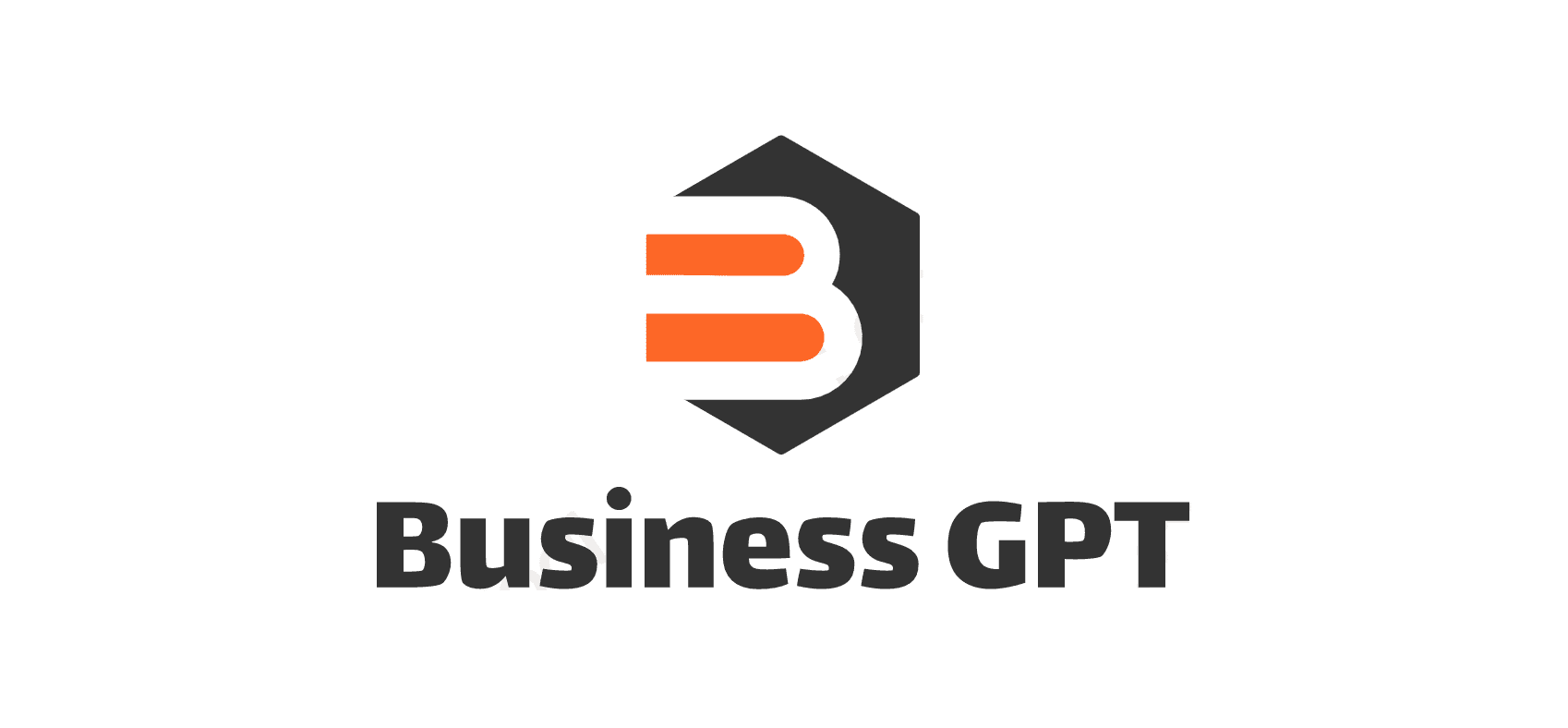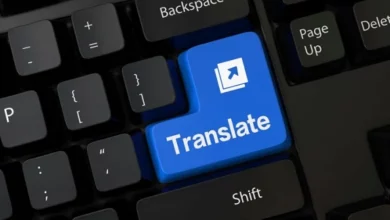Why Is My Website Loading Slow?

Do you know the reason why your website is loading?
As technology continues to grow, so too do websites. A fast website is essential for companies using the internet to sell their products or reach new audiences.
Unfortunately, it’s also easy to encounter server issues, plugins, and other problems that slow down the loading speed of a website.
There could be several reasons why your website is loading. Here are some common factors that can contribute to slow website loading times.
Read on and find out more about why the website loading slow!
Large File Sizes
When website pages and files are big, they take longer to download so that the user’s browser can show the whole page. Your website’s images, videos, and other material can load much faster if you compress them.
Getting rid of plugins, widgets, or modules that aren’t needed also helps load faster. It’s essential to ensure the file hosting is on a secure server.
Visitors to your website can get there much faster if you have good servers with enough speed and storage. You may visit the web development services linked here to ensure that you use the right file size for your browser and have the proper assistance in developing your website.
Server Issues
Many things can go wrong with a server, including, but not limited to, a crowded server, not enough server resources, old software, or even a virus. Since the server is the core of your website, a slow reaction from the server can make your website take longer to load or even crash.
The best way to fix server problems is to call your hosting company and talk to them about what’s happening. They can often find the problem and help you improve it by adding more servers or raising the server’s resources. Ensure your website is up-to-date and set up for the best results.
Excessive HTTP Requests
HTTP, which stands for Hyper Text Transfer Protocol, is a set of rules for how computers send and receive data. Each request can take anywhere from 100ms to 2 seconds to process, and if your website makes too many calls, it will slow down the webpage speed at which it loads.
Large image sizes, complicated page structures, a lack of caching, and too many scripts and plugins are common reasons for too many HTTP calls. You can decrease the number of proposals by optimizing images, using as few scripts and plugins as possible, caching, or combining and shrinking resources like scripts and style sheets.
By optimizing and minimizing these files, you can cut down on the number of HTTP requests to your site, which will make it load faster.
Poor Caching Setup
Caching is putting data on a computer to view faster. When caching isn’t set up well, it can stop data from sending to the user and make the site take longer to load.
This makes it look like the page has been loading for a long time. When a website’s caching is not set up well, the files are always requested from the same server. This keeps the storage from being complete because the data are always pulled from the same server.
Poor caching setup can also cause files not to be saved in cache memory, causing a slow-loading website even more. To ensure your website loads, you must provide the caching structure is set up.
Unoptimized Code
When a website’s coding language is not optimized for the browser or device you are using, they call this “unoptimized code.” This could be because the code wasn’t written well, which makes the computer do more work than needed, or because the code is too long and has too many lines that aren’t required.
Because the browser has to do more work, it can take longer for the page to load. You need to change the code that needs to optimize as soon as possible because it can hurt the user experience and make people less likely to return to the website.
By compressing resources, optimizing code, and reducing the code on the page, the website will run faster, and the user experience will be better.
Lack of Content Delivery Network
A CDN is an essential tool that helps websites load faster by sending copies of their material to an extensive network of servers worldwide. A CDN not only allows websites to run, but it can also make them more reliable and safe.
The most significant benefit of using a CDN is that it reduces the amount of data a visitor’s computer or device has to download. This makes loading times much faster. With a Content Delivery Network (CDN), a web server can handle requests before sending a page to a visitor. This makes content delivery quicker and more efficient.
Inadequate Server Resources
The data they need to handle can grow if the server’s resources are higher. This can also slow the loading speed because the web server lacks bandwidth or memory.
When a server needs more resources, it might take longer for pages to load, it might not be able to handle many tasks at once, and it might need more security measures.
To prevent these problems, the hosting company should ensure the server is strong enough to handle your website’s load and that visitors have enough bandwidth. Also, they should ensure that the server is constantly checked to ensure it is running at its best.
External Scripts and Dependencies
External scripts and dependencies are tools or code that must load from a server before your page shows. These scripts and dependencies can make load times longer if the hosting server is slow, there are a lot of resources, or too many HTTP calls.
To improve how well a website works, looking at the page and seeing if you can remove any old or unnecessary tools is essential. Advanced caching techniques like label caching, browser caching, and fragment caching can also help a website load speed.
Avoid Website Loading Slow
You can use various website performance tools to identify the specific cause of website loading slow times, analyze server logs, and conduct thorough testing. You can optimize your website for faster loading speeds by addressing the underlying issues. Start making small changes today, and you’ll see results!
Found this article helpful? Browse through our other blog posts for more tips.




